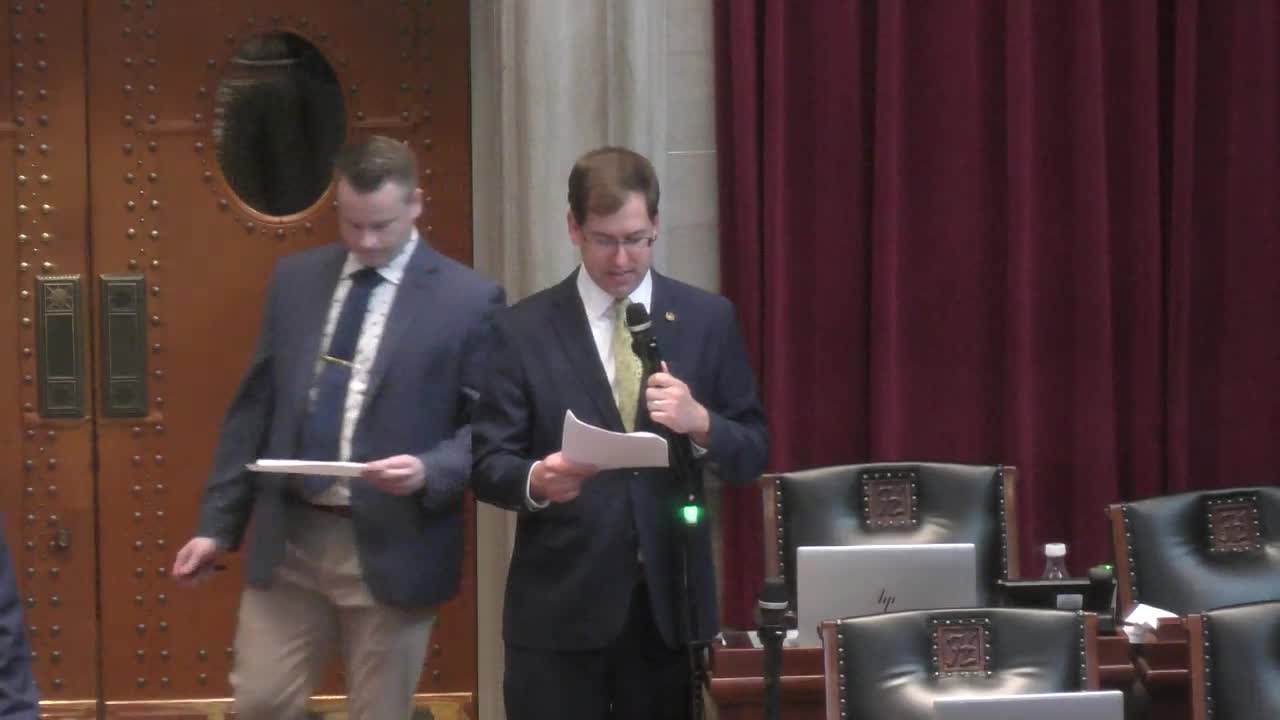Article not found
This article is no longer available. But don't worry—we've gathered other articles that discuss the same topic.
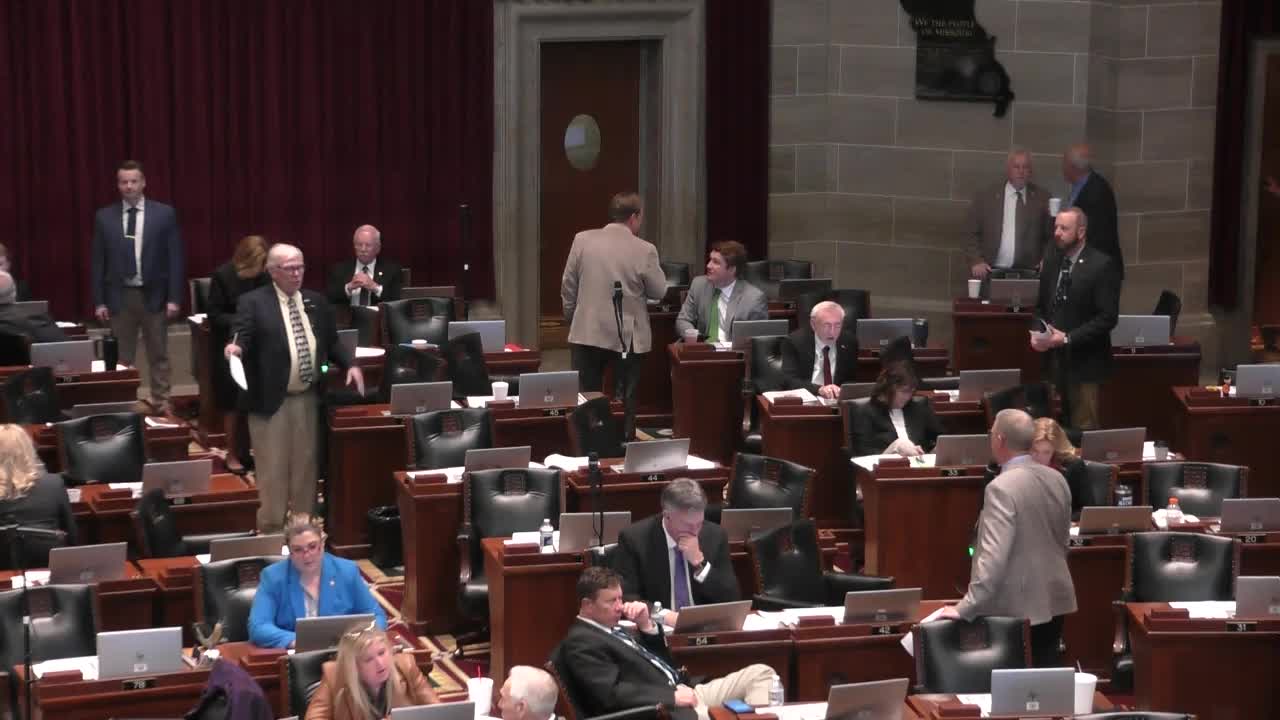
House bundles 14 transportation measures into single amendment, advances omnibus package
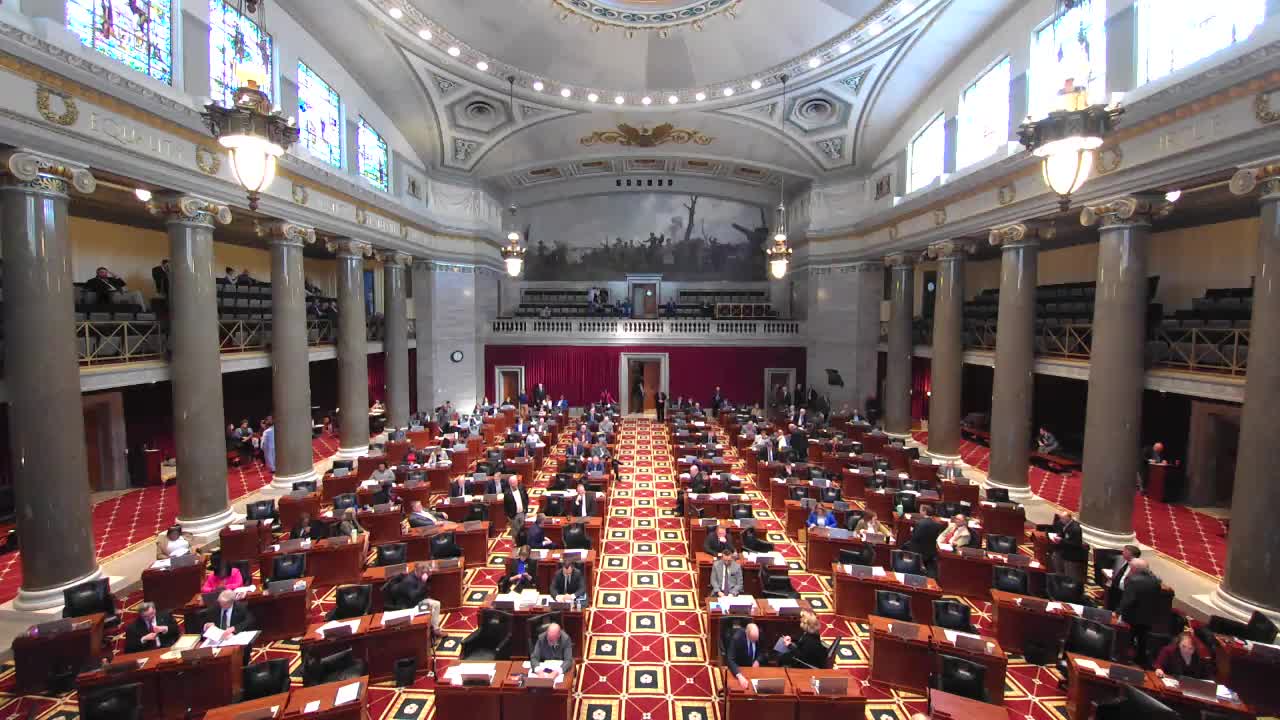
House advances bill allowing temporary two‑year licenses for skilled workers from states without licensing
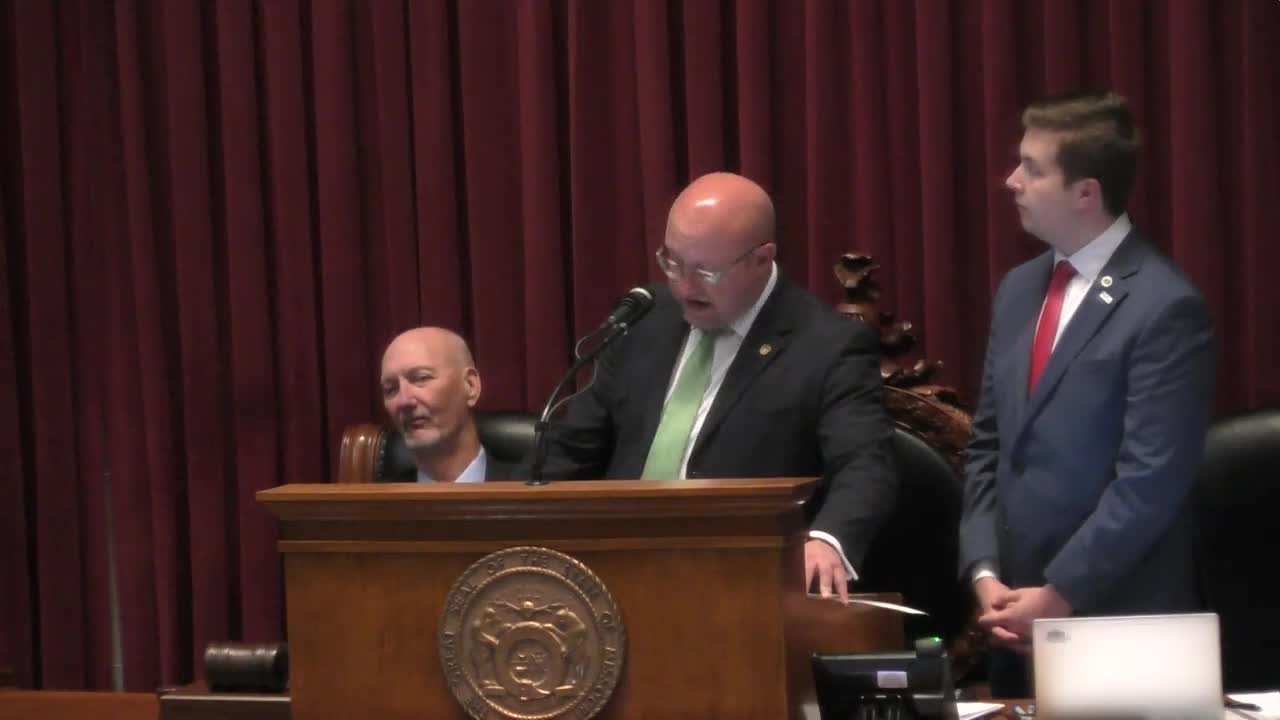
House committee considers bill to reimburse hyperbaric oxygen therapy for veterans with PTSD and TBI
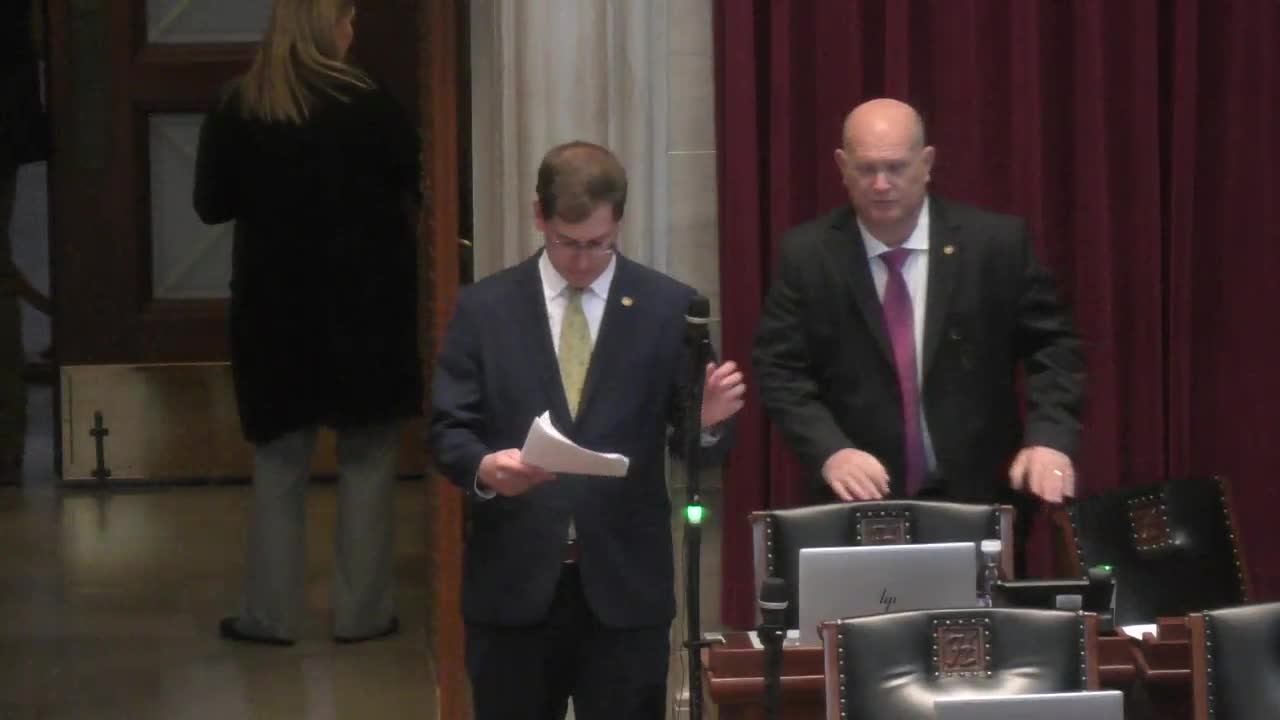
Missouri House advances bill to expand guaranteed college transfer credits from 42 to 60 hours
